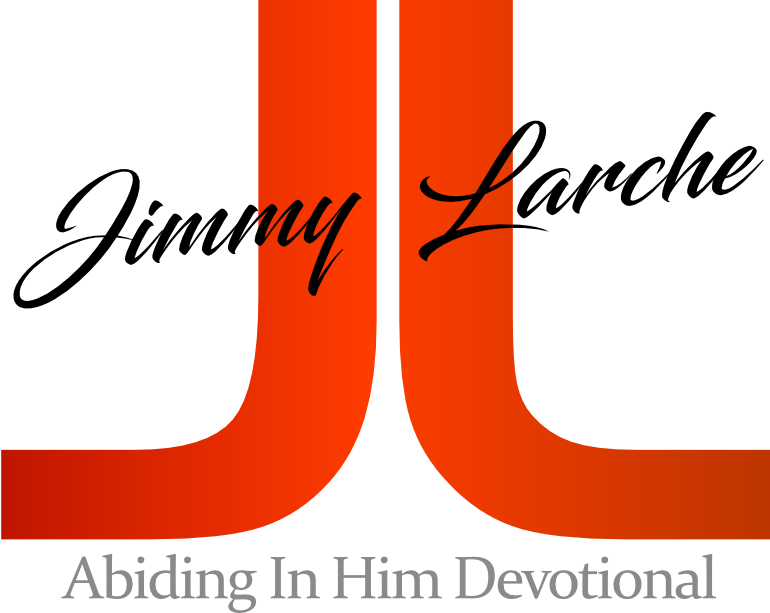If You Are Not Firm in Faith
Text: Isaiah 7:1-14
“If you are not firm in faith, you will not be firm at all.” —Isaiah 7:9
Recent events in our world have left millions struggling with fear, anxiety, and instability. A deadly virus outbreak, political upheavals, violence on the streets, turmoil, broken families, illness, death of loved ones, as well as a pandemic of mental health issues. Drug overdose deaths in the U.S. hit the highest number ever recorded in the year 2020. It’s enough to make even the bravest of souls feel uncertain about the future.
Ahaz was an ancient king facing fear of the unknown and anxiety about what was coming next, as an alliance of adversaries were moving in on his city, Jerusalem. It says, “the heart of Ahaz and the heart of his people shook as the trees of the forest shake before the wind.” But God sent a message from Isaiah to reassure the king not to fear such an attack, for human threats are to be dismissed and divine promises are to be firmly trusted. The prophet bolsters the king with these words:
“If you are not firm in faith, you will not be firm at all.”
I’ve heard it said, “God isn’t moved by need; He is moved by faith.” “For the just shall live by faith,” and without such, “we cannot please God” (Hebrews 10:38; 11:1). God wasn’t going to show up for Ahaz simply because he had a need, or just because things had gotten really bad and it was His obligation to the human king; no, God was going to show up because of His own faithfulness—and the king of Judah does well to trust in God’s character (cf. 2 Chronicles 16:9, Luke 18:8). If his heart is aligned with God in faith, he shouldn’t fear any threat of invasion or any battle waged against him.
Scripture tells us that a double minded man is unstable in all his ways. If Ahaz isn’t stable in faith, the premise is that every other aspect of his life will be characterized by instability. Even in the face of intimidating adversaries, the southern kingdom still has an opportunity to hold fast to God, but their faith must be firm. Yet when this human king fails to respond to God’s invitation to ask for a sign of hope (vv.10-12), we see the divine King taking initiative in declaring HOPE…
“Therefore the Lord himself will give you a sign. Behold, the virgin shall conceive and bear a son, and shall call his name Immanuel.” —Isaiah 7:14
God invites Ahaz to see beyond his visible circumstances and to trust in the promise of God’s not-so-visible sovereignty. The sign of hope that the Lord gives him is one of a future Messiah. “Immanuel,” meaning “God is with us,” is the message of the sign, and is one of the most famous prophecies pointing toward the birth of Jesus, about 700 years before the Savior was born in Bethlehem. The Lord’s invitation to Ahaz is the same invitation extended to us today: God invites us to trust in His sovereignty and faithfulness over every present hardship and societal uncertainty. He challenges us to see beyond our control and given circumstances, to a bigger picture of hope. That hope is found in the person of Jesus Christ. If you lack that hope today, find out more about how you can know this Messiah here.
One of the most beautiful aspects of God’s faithfulness is that even when we fail to take the initiative to ask for a sign of hope, God Himself takes that initiative for us. When we are feeling fragile and unstable in our faith, we are in a perfect place to receive His grace and His sufficiency. God doesn’t expect us to become firm in our own might; He wants to be our firmness! Think about that as you seek to abide in Him this week.
PRAYER
God, when we find ourselves feeling unstable in this broken world, may your signs of hope and trustworthy promises continue to grant us the firmness we need to abide in you each day. You are the sufficiency in our insufficiency, the strength in our weakness, and the hope in our despair. Thank you for leading us in the way of stability, the firmness of a sincere faith in your goodness. In Jesus’ name, Amen.
Questions for Reflection and/or Group Discussion
- To whom do people tend to turn when they face difficult circumstances?
- How was the morale of Judah affected when they heard about the alliance of Aram and Israel? (Isaiah 7:2) What word of encouragement did God send via Isaiah and his son? (vv.3-9)
- What did God invite Ahaz to do in order to reassure himself? (vv.10-11) Though Ahaz refused to ask for it, what sign did God promise? (vv.12-14)
- What are some of your first instincts when you are overwhelmed by fear?What are some examples of how God accommodates our fears and weaknesses?
- What can we learn about God from the fact that He gave a sign that wasn’t even requested? What fear do you need to surrender to God in order not to be controlled by it?
Subscribe to “Abiding In Him” and get the latest devotional in your Inbox once a week.
